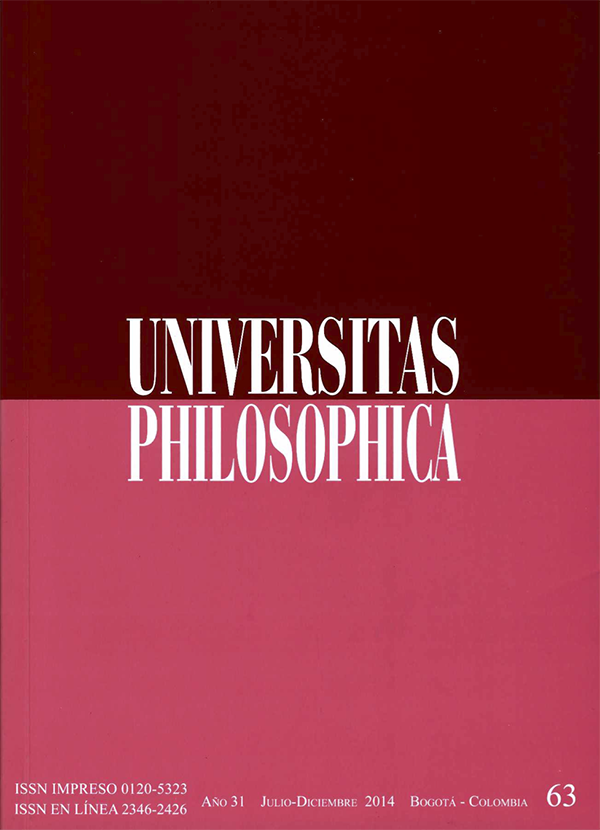Abstract
Las éticas tradicionales ya no bastan para satisfacer las demandas de los poderes que el ser humano posee mediante la técnica. El desarrollo de la tecnología ha despertado en la humanidad una serie de preocupaciones que demandan reflexiones éticas sobre lo que es realmente valioso: la vida. La humanidad necesita con urgencia sabiduría para emplear responsablemente el poder que viene de la técnica. Kant propone como base de la moralidad la autonomía de la voluntad libre. Con el fin de saber si existe una razón pura capaz por sí sola de determinar la voluntad sin recurrir a la sensibilidad y a la experiencia, formula una ética del deber. La propuesta de una ética de la responsabilidad de Hans Jonas contiene un nuevo imperativo: las características del principio de responsabilidad. Mostrando que el sujeto ético en la civilización tecnológica es aquel que actúa con cuidado y precaución, la ética de la responsabilidad agrega toda la naturaleza, por lo que el principio de responsabilidad consiste en que asumamos la responsabilidad de la precaución y el cuidado con comportamientos éticos que nos hagan virtuosos preocupándonos por la vida y en búsqueda de un vivir mejor.
This journal is registered under a Creative Commons Attribution 4.0 International Public License. Thus, this work may be reproduced, distributed, and publicly shared in digital format, as long as the names of the authors and Pontificia Universidad Javeriana are acknowledged. Others are allowed to quote, adapt, transform, auto-archive, republish, and create based on this material, for any purpose (even commercial ones), provided the authorship is duly acknowledged, a link to the original work is provided, and it is specified if changes have been made. Pontificia Universidad Javeriana does not hold the rights of published works and the authors are solely responsible for the contents of their works; they keep the moral, intellectual, privacy, and publicity rights.
Approving the intervention of the work (review, copy-editing, translation, layout) and the following outreach, are granted through an use license and not through an assignment of rights. This means the journal and Pontificia Universidad Javeriana cannot be held responsible for any ethical malpractice by the authors. As a consequence of the protection granted by the use license, the journal is not required to publish recantations or modify information already published, unless the errata stems from the editorial management process. Publishing contents in this journal does not generate royalties for contributors.


